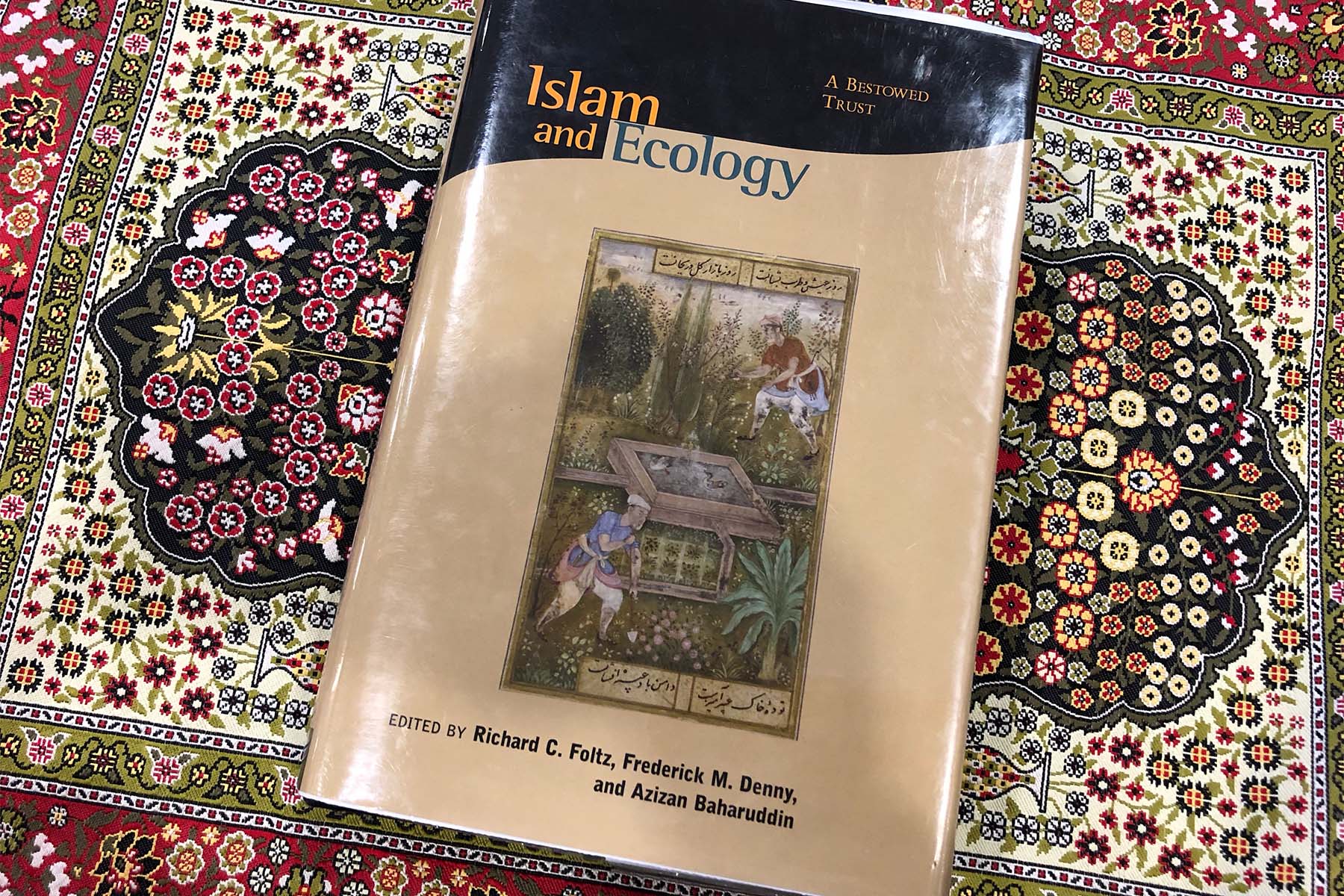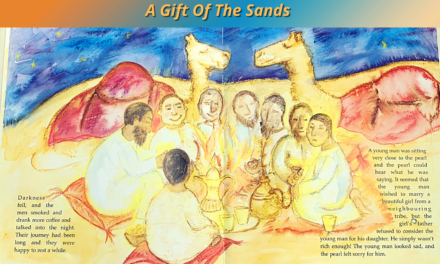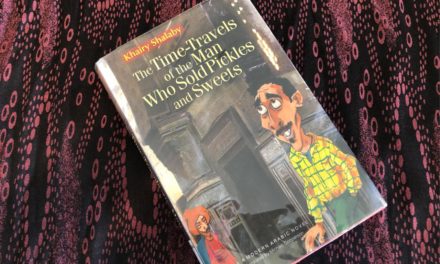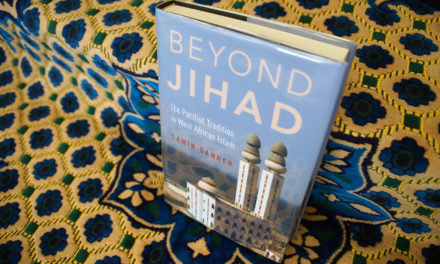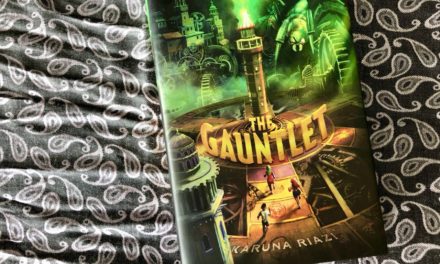United Talent Agency
Elise Bellin, Librarian of the Islamic Resource Center, wrote this book review as part of an ongoing series that focuses on a range of books within the IRC collection as a service to the community.
Islam and Ecology, A Bestowed Trust
Islam and Ecology, A Bestowed Trust, Edited by Richard C. Foltz, Frederick M. Denny, and Azizan Baharuddin © 2003 – ISBN: 0-945454-39-2
“FASAD (corruption/destruction) has appeared on land and sea because of what the hands of men have earned that God may make them taste the consequences of some of their own actions, so they may turn back.” (Qur’an 30:41)
Islam and Ecology, A Bestowed Trust, edited by Foltz, Denny and Baharuddin, is one volume in a series on the Religions of the World and Ecology which address today’s environmental crisis. In this collection of 23 essays authors from diverse backgrounds and cultures discuss the causes of the problem and how “Islam as a religion and body of knowledge has provided its followers with a comprehensive system of ethics, as well as successful institutions to manage the environment wisely and equitably”. (Hamed) However, as one essay analyzing several modern majority Muslim countries demonstrates, the implementation of this has been “elusive and complex”.
War, oppression, excessive consumption, the Western paradigm of keeping the economy growing no matter the cost, greed, the secular scientific worldview, ignorance, poverty, illegitimate profit seeking at the expense of human communities, money and endless credit with which to devastate the earth, as well as an interest based global banking system are some of the causes of environmental degradation discussed in this collection.
The Quran is replete with references to the precious resources of water, land and air and proscribes wastefulness. (Foltz) The Islamic way of life implies living in peace and harmony with oneself, fellow humans and everything else that God has created. (Abdul Mageed) In S. Rahman, (55:10), God tells us that the earth is for ALL creatures. The entire cosmos is alive and glorifies Allah, though we don’t understand how. (17:44) “Like a mirror, nature reflects the power, beauty, wisdom and mercy of the Creator,” writes Ozdemir, and is there to nurture our souls, not just feed and shelter our bodies. Those who devour usury are described in the Qur’an as being at war with God. (2:275-279)
The Prophetic Hadiths likewise demonstrate a concern for the protection of natural resources and their equitable availability to all. There are rules concerning animals, their treatment, rights, and even natural dignity, as well as collections of traditions dealing with sustainable land and water management. (Haq)
Humans have been honored by being appointed as stewards (khalifah) of the earth. However, the honor comes with a heavy responsibility and ultimately every individual must see him/herself as part of the solution.
Founded in 2010, the Islamic Resource Center (IRC) is the first Islamic public lending library in Wisconsin. The IRC aims to provide resources to educators, students, health professionals, interfaith groups, and any members of the Milwaukee community that want an accurate understanding of the Islamic faith, its practices, and its people.
